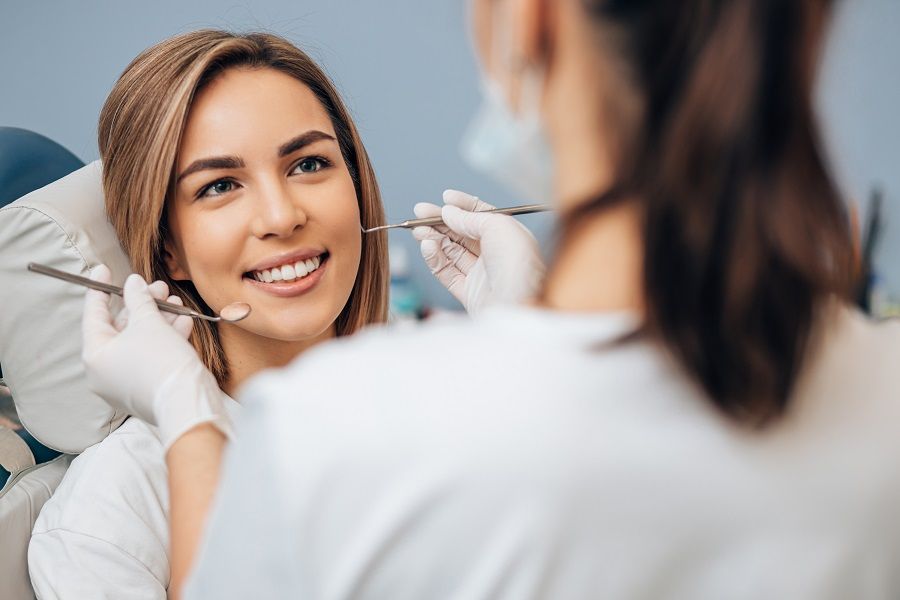
You brush your teeth regularly, careful to get every tooth. You floss diligently, between every tooth as well. You even rinse with mouthwash to help loosen debris, kill bacteria, and freshen your breath and eat a diet low in sugar and carbohydrates. But nearly every time you visit the dentist, you seem to have another cavity. We feel your frustration, believe us. Sometimes no matter how hard we try, we still end up with cavities, and it really doesn’t make sense why.
But emerging research may have more insight into this pesky, painful problem. You see, despite our best efforts, preventing cavities may not be as ‘under our control’ as we previously thought. That’s because cavities can be determined by more than one thing. One major determining factor? Our oral microbiome, or more simply put, the bacteria that live in our mouths. This bacteria, most commonly the S. Mutans type of bacteria is responsible for a lot of cases of cavities.
S. Mutans bacteria is particularly nasty, because it can appear in anyone’s mouth, even the cleanest and most hygienic. Whereas someone who has a low amount of S. Mutans can neglect their teeth and get virtually no cavities, someone who is dedicated to their oral health can get them every year, just because of S. Mutans. Worse still, there’s no way to stop S. Mutans besides doing what you’re already doing, despite that not being enough!
A recent article on the site FiveThirtyEight asked the question ‘can good bacteria be transplanted into the mouth to help overtake S. Mutans and balance the oral microbiome,’ but unfortunately, as of right now, that answer is no. That’s because scientists don’t know what doing this would actually do to the oral microbiome – whether it would make cavities worse, or even work at all.
The bottom line is, if you are doing everything you can to prevent cavities and still coming up with caries every time you get in the dental chair, you shouldn’t give up your pursuit for healthier teeth, as this could make a situation go from bad to worse. Furthermore, if you do suspect a lot of S. Mutans lurking in your mouth, be careful to not share toothbrushes, cups, and utensils with others, as S. Mutans is highly transmittable and could easily colonize in the mouths of your children and partners if contaminated.
To schedule your annual or bi-annual checkup to see if your own mouth is in great shape, contact Dr. Abelar’s office today!






